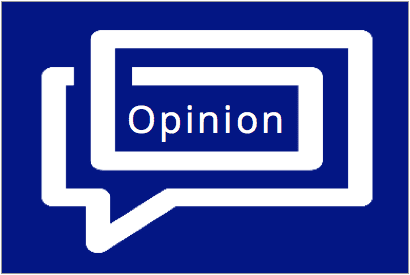The First Amendment concerns free establishment of religion and free exercise thereof; freedom of speech and of the press. There’s been many debates about the true meaning of all these freedoms, but the one I’m choosing to focus on now is the free exercise of religion.
First of all, consider the following statistics on the American religious landscape. The Pew Research center found in 2014 that 70 percent of Americans identify as Christian and 23 percent are unaffiliated.
Only a measly three percent said they were atheist. But when you focus on another country that has emphasized separation of church and state, such as France, the behavior toward religion changes drastically.
In France, since 1905, the laws and rules about separation of church and state have been strictly enforced. The result is that 30 percent of the French population which identifies as atheist, does not find talking about this publicly to be an issue. In the United States, atheists do not have the same luck.
Atheists in America are constantly under pressure to justify their disbelief in God and the Bible. In a country where freedom of speech and religion is placarded everywhere, the right to being atheist without being harassed by society seems to be nonexistent. There are countless websites denouncing “militant atheism” like the Freedom From Atheism Foundation.
For some reason, an atheist disputing the existence of God is a sin, but religious leaders trying to coerce people into sharing their same beliefs is commonly accepted.
The International Humanities and Ethical Union found in “The freedom of thought report 2015” that “citing “religious freedom” in an attempt to bypass separation of church and state, to enforce particular religious beliefs in the public sphere, or in some way “establish” religion” was common in the United States. In a country where the freedom of thought ranking is “mostly satisfactory,” among the best in the world, the insistence on using religion as an excuse to go against the law is appalling.
Perhaps more surprisingly, “despite the constitutional prohibition (Article 6) of any ‘religious test’ for public office, there are currently eight states where the laws directly block those who deny the existence of God or ‘a supreme being’ from holding public office.”
Even though the states involved are mostly southern states deeply rooted in Christianity, and those laws have been deemed unconstitutional countless of times, such a form of religious discrimination in a country like the United States is shocking.
Discrimination against atheists does exist in the United States, although in some minor ways. But in a country that promotes freedom of religion, people should be able to express their right of non-religion without being subject to sarcastic remarks and constant pressure to change their minds.
The original article stated that in a 2014 Pew Research Study, 70% was the amount of Americans who identified as Catholic, but it has been changed to Christian.








